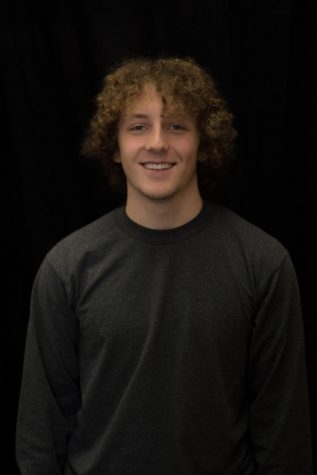Venezuela Crisis
When Venezuela’s President Hugo Chávez died on March 3, 2013, the country of Venezuela was left divided into two factions, the Chavistas, in support of late Chávez’s socialist policies or the PUSV, whose faction could not wait for 18 years under socialist power to come to an end.
In 2013, Nicolas Maduro was elected to be the president of the country. Maduro is also a member of the PUSV and promised to uphold the previous social policies.
Under the PSUV, Venezuela’s wealth has been more evenly distributed and thousands of impoverished people have been lifted from poverty, which in turn diminished social inequality.
However, those that oppose the PSUV believe that the use of a socialist government has damaged democratic institutions within the country. They also make the case that the economy has been severely mismanaged.
Opposition in politics has led to widespread fighting and even killing of one another in the streets of Venezuela.
UN Rights Chief, Zeid Ra’ad al-Hussein, said the government was using criminal proceedings against opposition leaders, arbitrary detentions, excessive use of force and ill-treatment of detainees, which in some cases amounted to torture.
Julieta Lopez, the aunt of opposition leader Leopoldo Lopez, who is on house arrest after three years in military jail added, “There is no right to express a different political opinion without being threatened, beaten or imprisoned.”
Falling oil prices have also played a major role in the fall of the the Venezuelan government. Oil accounts for about 95% of Venezuela’s export revenues and was used to finance some of the government’s social programs which have provided more than one million poor Venezuelans with homes.
With the fall of oil prices such programs have been ended to allocate funds to programs that are more necessary in the eyes of government officials.
Such failings of the government have reduced the country to where it currently stands.
Zeid has also stated, “There is a very real danger that tensions will further escalate, with the government crushing democratic institutions and critical voices.”
Maduro is currently seen as a soon to be dictator of the South American country whose rule has plummeted Venezuela into the worst economic situation in its history.
Opposers and advocates of the current regime have both fallen in morality, resorting to using weapons and killing one another on the pure basis of political beliefs.
The Hague-based court defines such crimes taking place in the country as including torture, murder, deprivation of liberty, sexual violence and persecution, stated Diego Arria who was Venezuela’s ambassador to the United Nations from 1991 to 1994.
Arria added, “I am convinced that the killing in the streets equates to crimes against humanity,”

Will Sanford is a junior at Ripon High School. He has been the Sports Editor for the past two years and enjoys writing about sports. Will also likes to...
